Drug Discovery Assistant - AI-Powered Drug Discovery
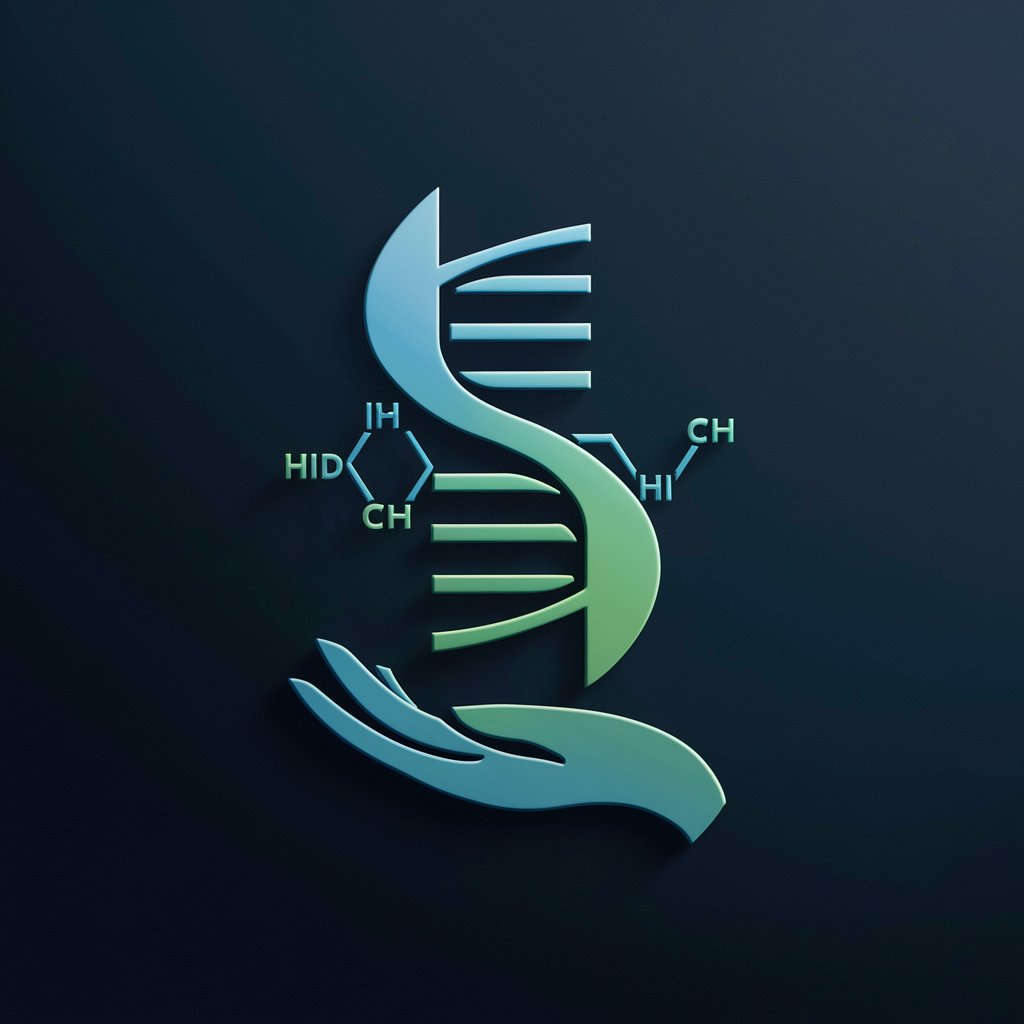
Welcome! Let's accelerate your drug discovery process.
Revolutionizing Drug Discovery with AI
Analyze the binding affinity of compound X to the target protein...
Suggest potential drug candidates for treating disease Y based on the provided data...
Perform virtual screening for inhibitors of the enzyme Z...
Predict the mechanisms of action for the compounds identified in the screening...
Get Embed Code
Overview of Drug Discovery Assistant
Drug Discovery Assistant is a specialized tool designed to support biological engineers and pharmaceutical researchers in the complex process of drug discovery. By integrating virtual screening, molecular docking, and prediction of compound binding affinities, this tool aims to streamline the identification and analysis of potential drug candidates. An example scenario is the use of the assistant in targeting a specific protein associated with cancer. Researchers input the protein structure into the assistant, which then performs molecular docking simulations to predict how different compounds might interact with the protein, thereby suggesting potential inhibitors that could be developed into cancer therapies. Powered by ChatGPT-4o。

Core Functions of Drug Discovery Assistant
Virtual Screening
Example
In a scenario where a lab is investigating new compounds that could inhibit HIV, the assistant uses virtual screening to rapidly evaluate thousands of molecules to identify those most likely to bind to the HIV protease. This process helps narrow down the list of potential candidates for further experimental testing.
Scenario
Virtual screening against HIV protease to identify lead compounds for antiretroviral drugs.
Molecular Docking
Example
For Alzheimer's disease, researchers might focus on the enzyme acetylcholinesterase as a target. Drug Discovery Assistant can perform molecular docking simulations to see how various small molecules fit into the enzyme's active site, assessing their potential as enzyme inhibitors.
Scenario
Molecular docking to explore enzyme inhibition strategies for treating Alzheimer's disease.
Prediction of Binding Affinities
Example
When developing new antibiotics, determining how strongly a drug binds to bacterial ribosomes is crucial. The assistant calculates the binding affinities of various antibacterial agents to the ribosome, helping to predict their efficacy and potentially reducing the need for extensive in vitro testing.
Scenario
Predicting drug efficacy for new antibiotics through binding affinity calculations.
Target User Groups for Drug Discovery Assistant
Pharmaceutical Researchers
This group includes scientists and pharmacologists involved in early-stage drug development. They benefit from the assistant by obtaining rapid insights into molecule interactions, accelerating hypothesis testing, and refining drug design before clinical trials.
Academic Researchers
Researchers in universities and research institutes focusing on medicinal chemistry or pharmacology use the assistant to facilitate their studies on disease mechanisms and to explore novel therapeutic targets in a cost-effective manner.
Biotech Startups
Small and emerging biotech firms, often with limited resources, can leverage the assistant to perform complex simulations that would otherwise require significant computational infrastructure and specialist expertise.

How to Use Drug Discovery Assistant
Start your free trial
Access yeschat.ai to initiate a free trial without needing to log in or subscribe to ChatGPT Plus.
Identify your target
Define the target protein or disease you're researching. The tool uses this information to tailor its search and analysis.
Input your data
Upload your chemical libraries and screening data. Ensure the data is in a supported format for accurate analysis.
Analyze the results
Utilize the tool's virtual screening and molecular docking features to assess potential drug candidates.
Refine and iterate
Based on initial results, refine your queries or adjust your input data to explore alternative compounds or target interactions.
Try other advanced and practical GPTs
Nanoparticle Drug Formulation Optimizer
Optimize Drug Delivery with AI
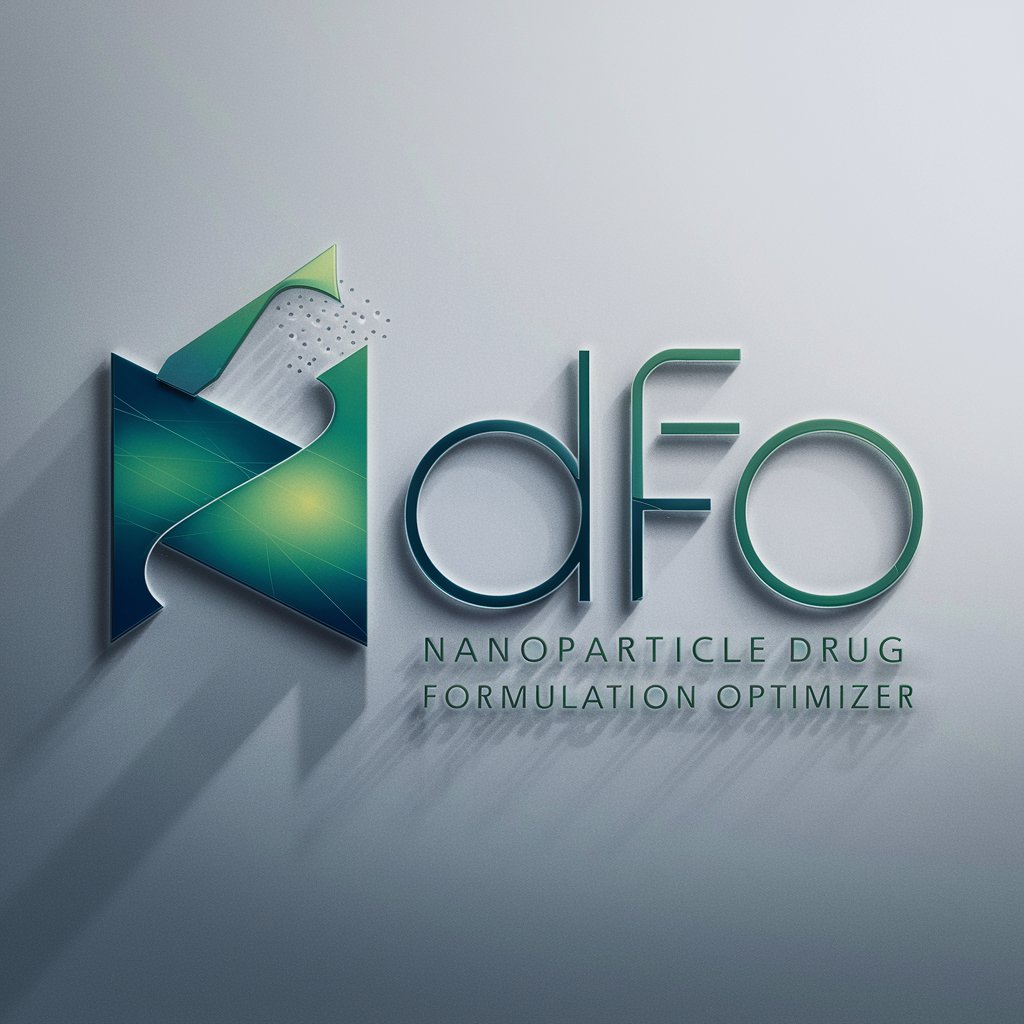
Code Commander
Empowering Development with AI

Web Scraper - Scraping Ant
Unleash AI-powered Web Scraping Capabilities
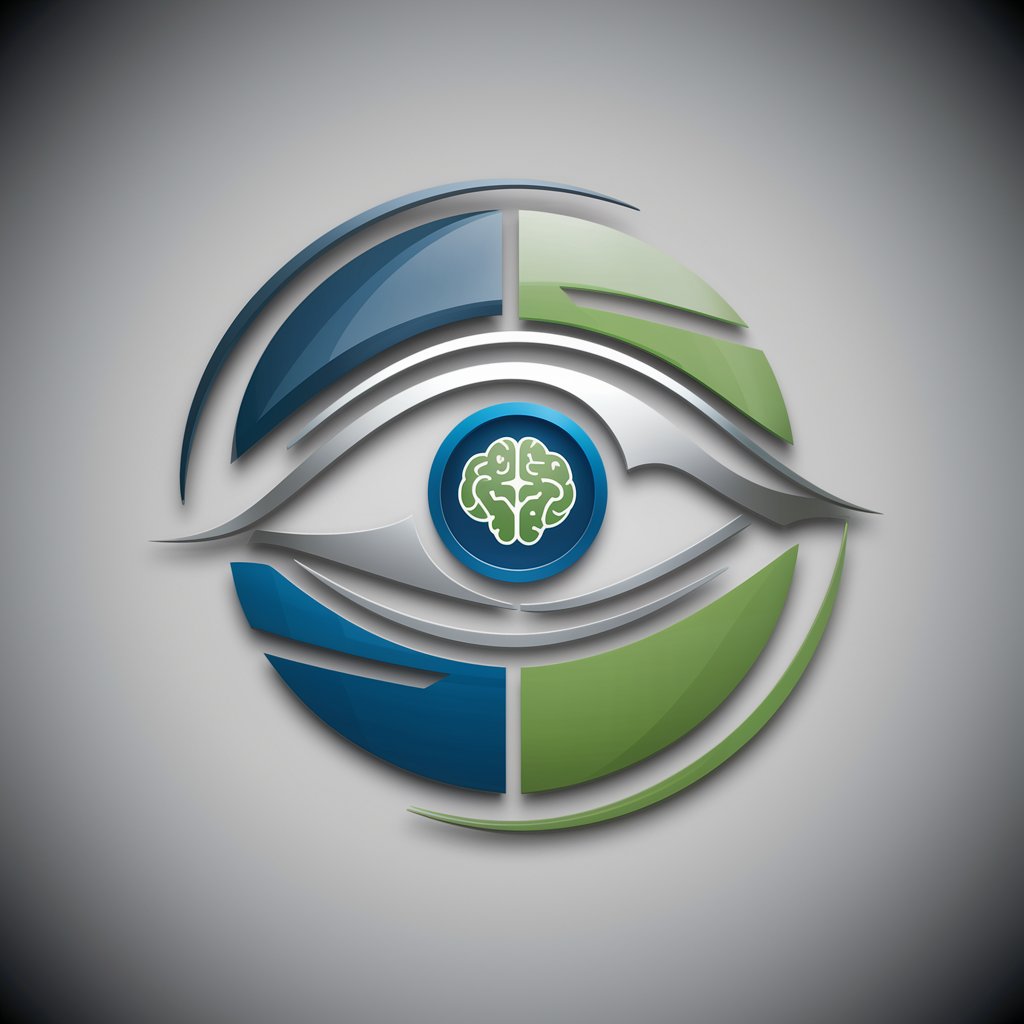
Web Scraping Wizard
Elevate Data Extraction with AI-Powered Insights
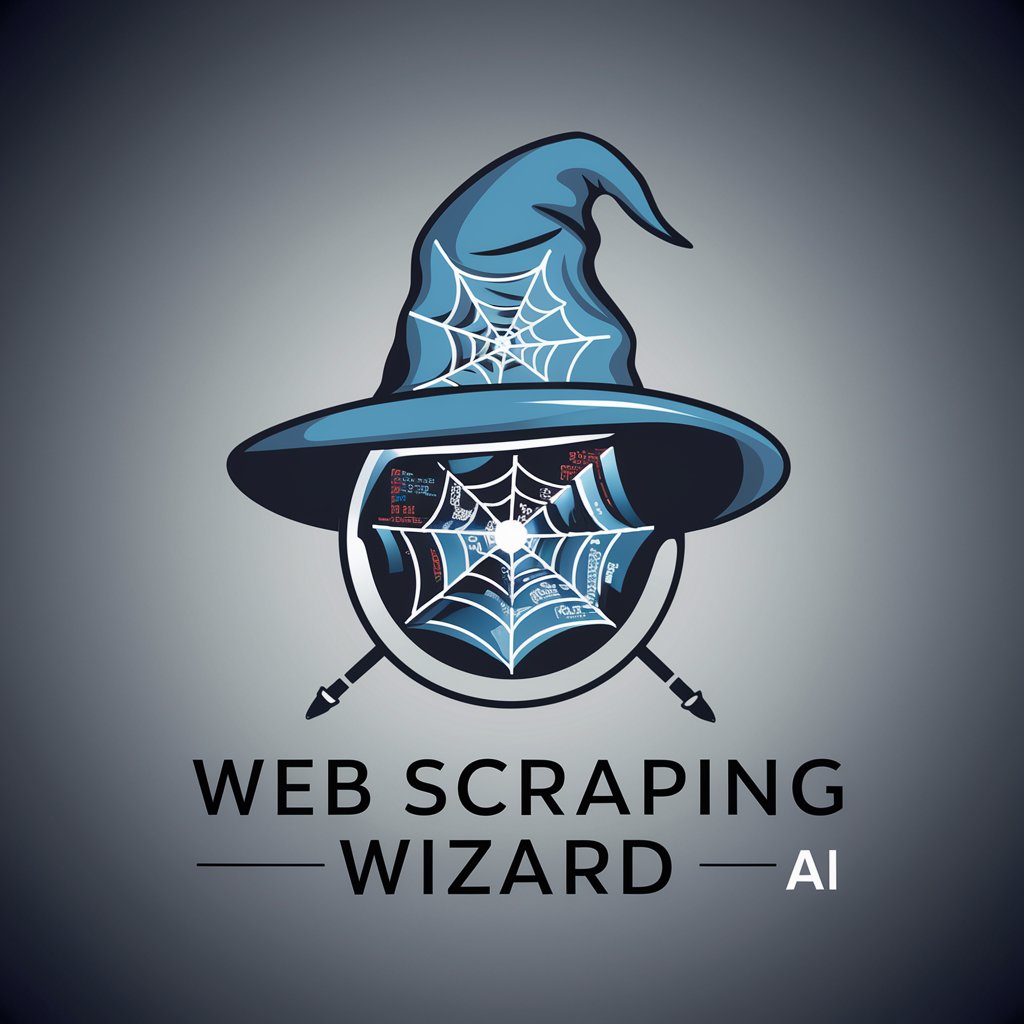
Web-Scraping-SC
Empower your strategy with AI-driven insights
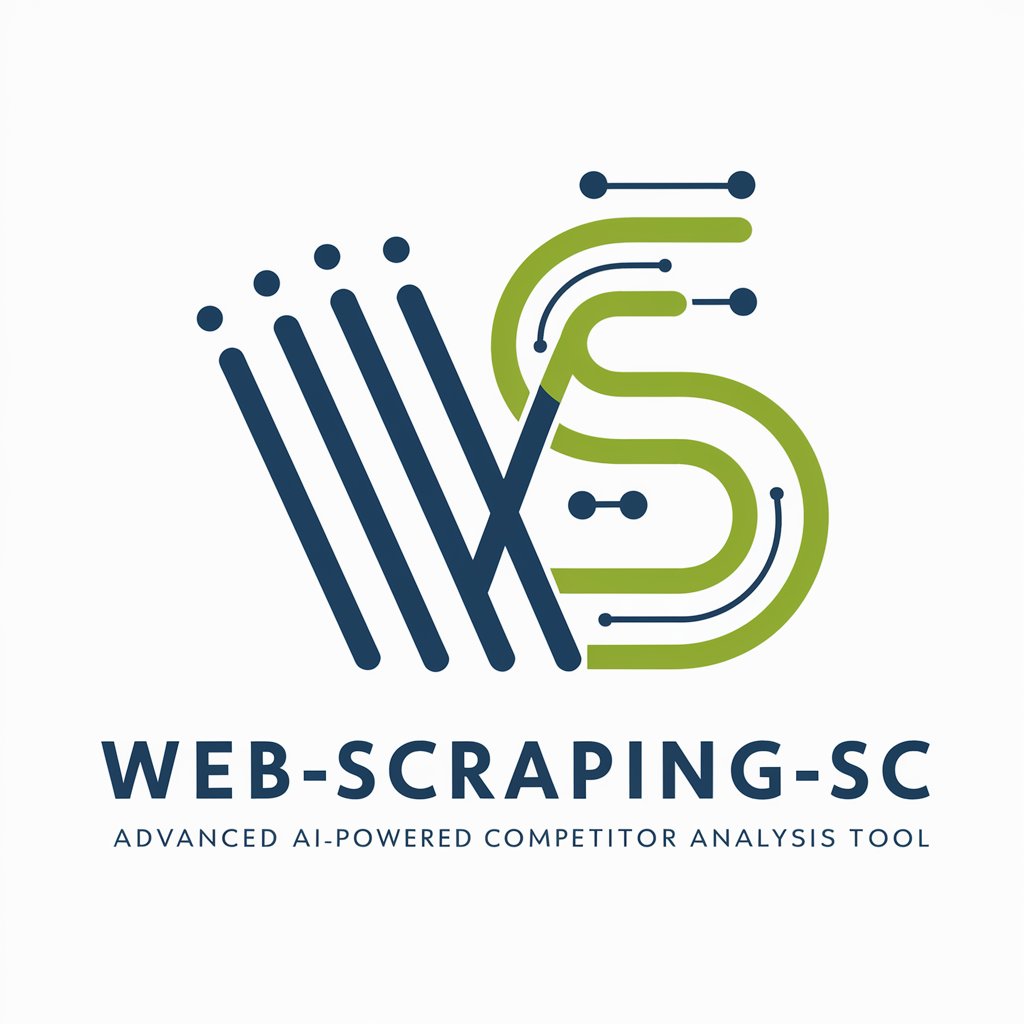
Web Scraping Wizard
AI-powered Web Scraping Simplified
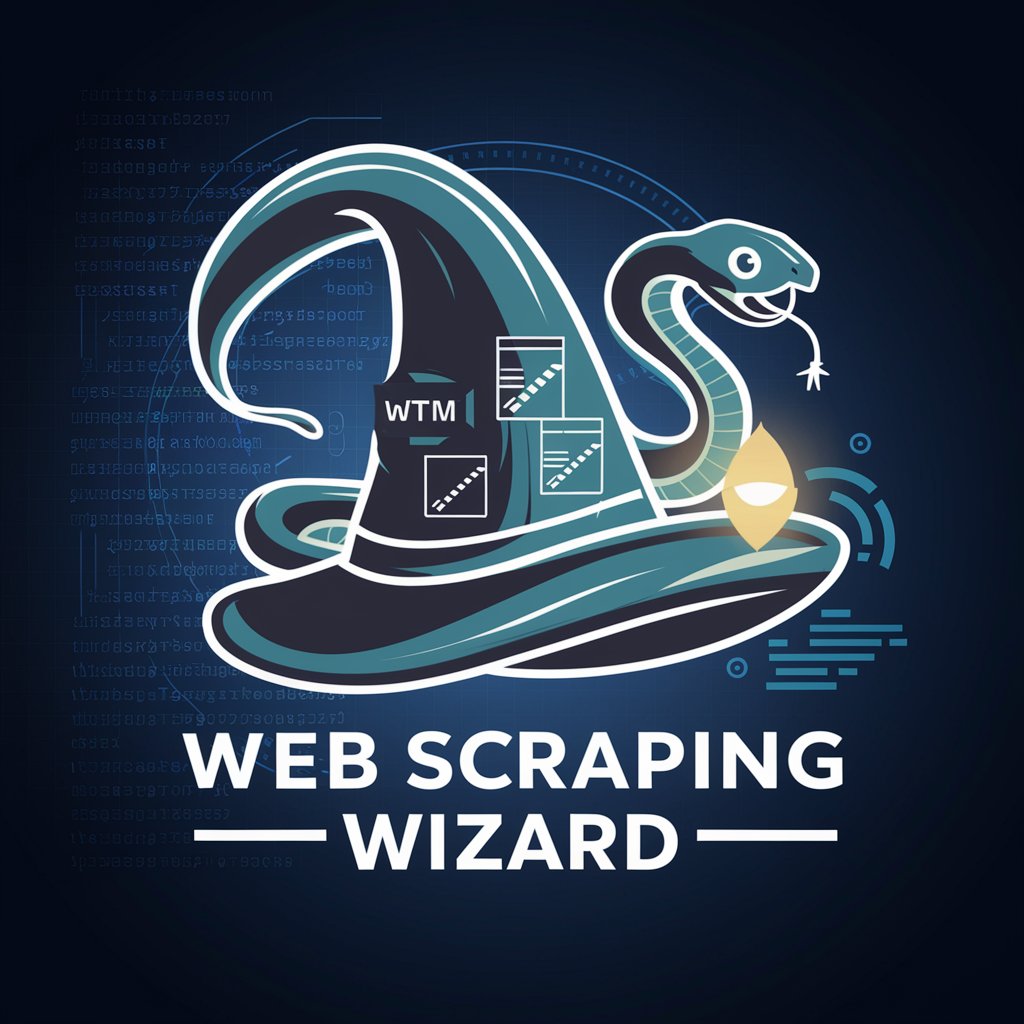
Skin Visualizer
Visualizing Skin with AI Precision
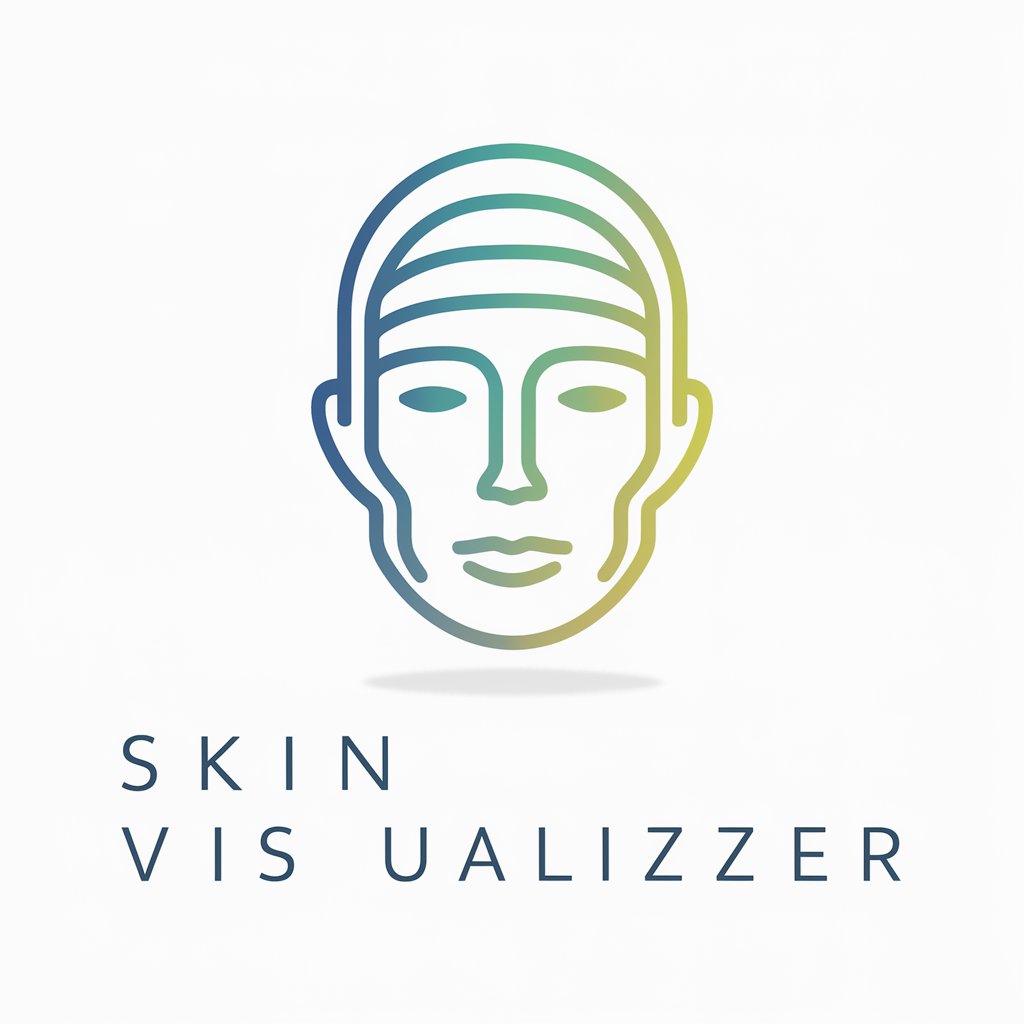
Skin Savvy
Empowering your skin care journey with AI
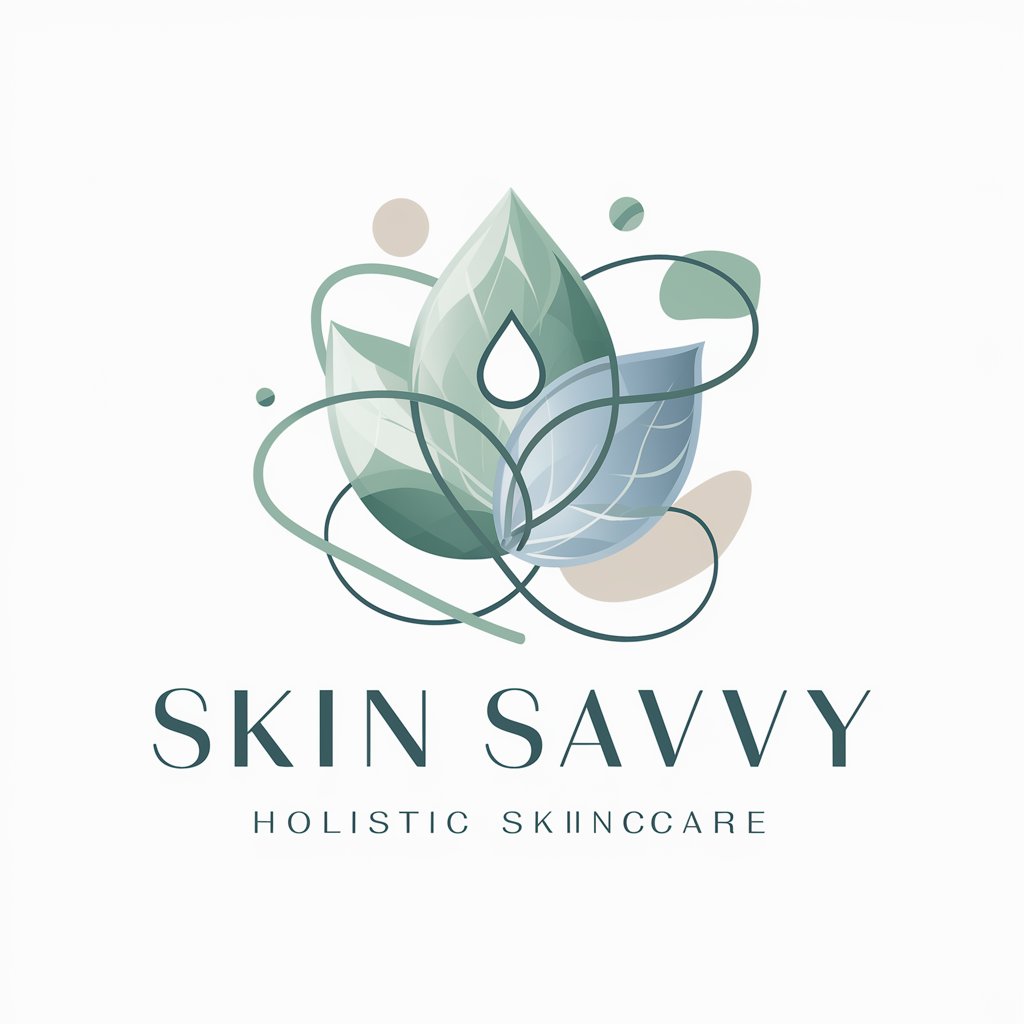
Juvly Skin
Optimize Your Skin Health with AI
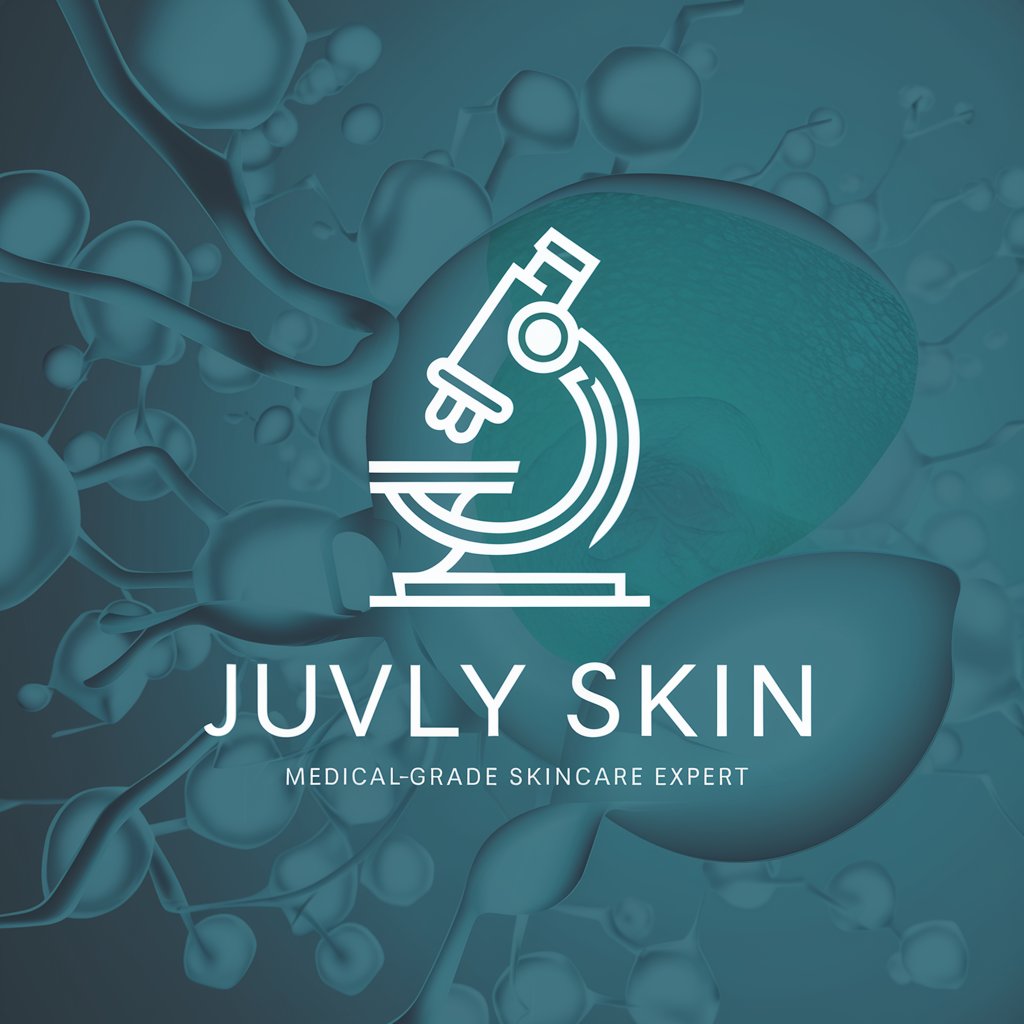
AIビジネスアドバイザー:ひろみちゃん
Empowering Business Strategies with AI
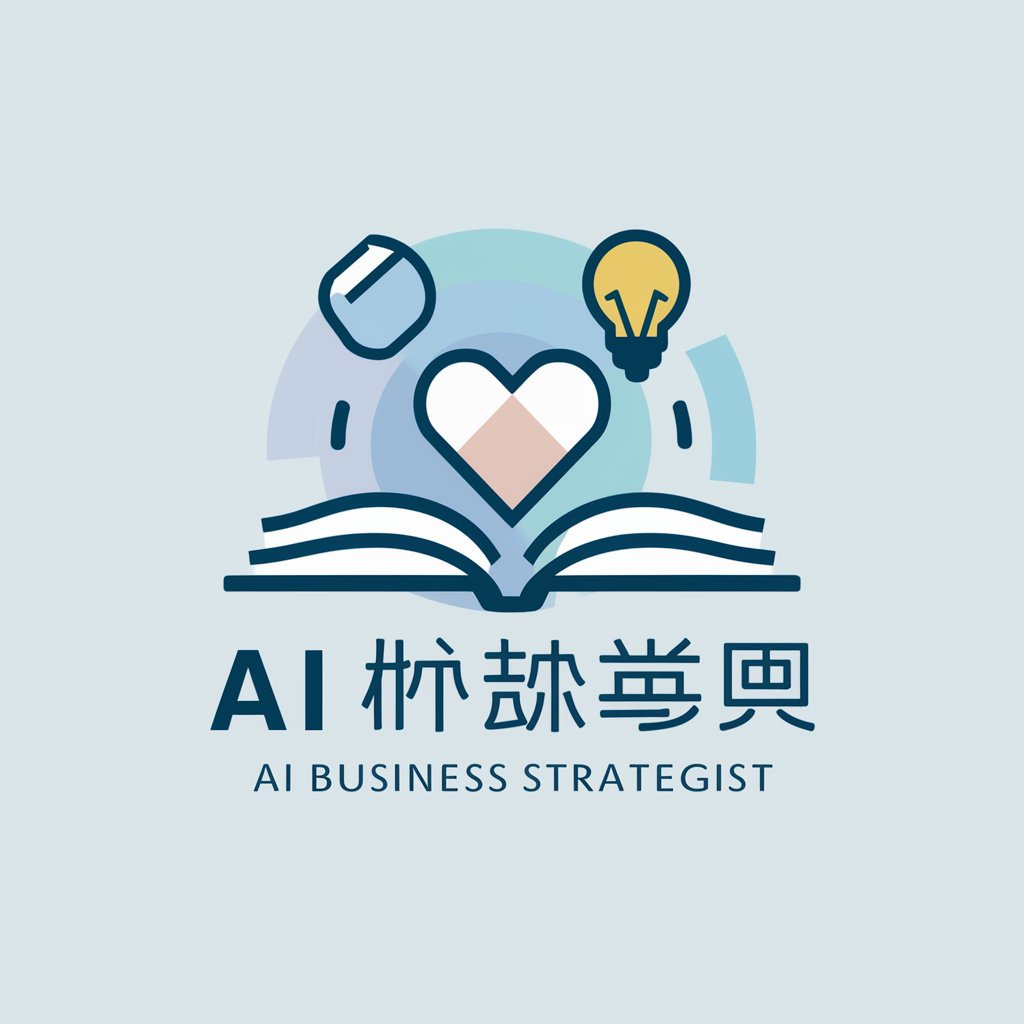
【最新論文徘徊者】 雪彦(ゆきひこ)
AI-powered cutting-edge research navigator.

Ultimate Traditional Sculpting Guide
Sculpt, Shape, and Innovate with AI
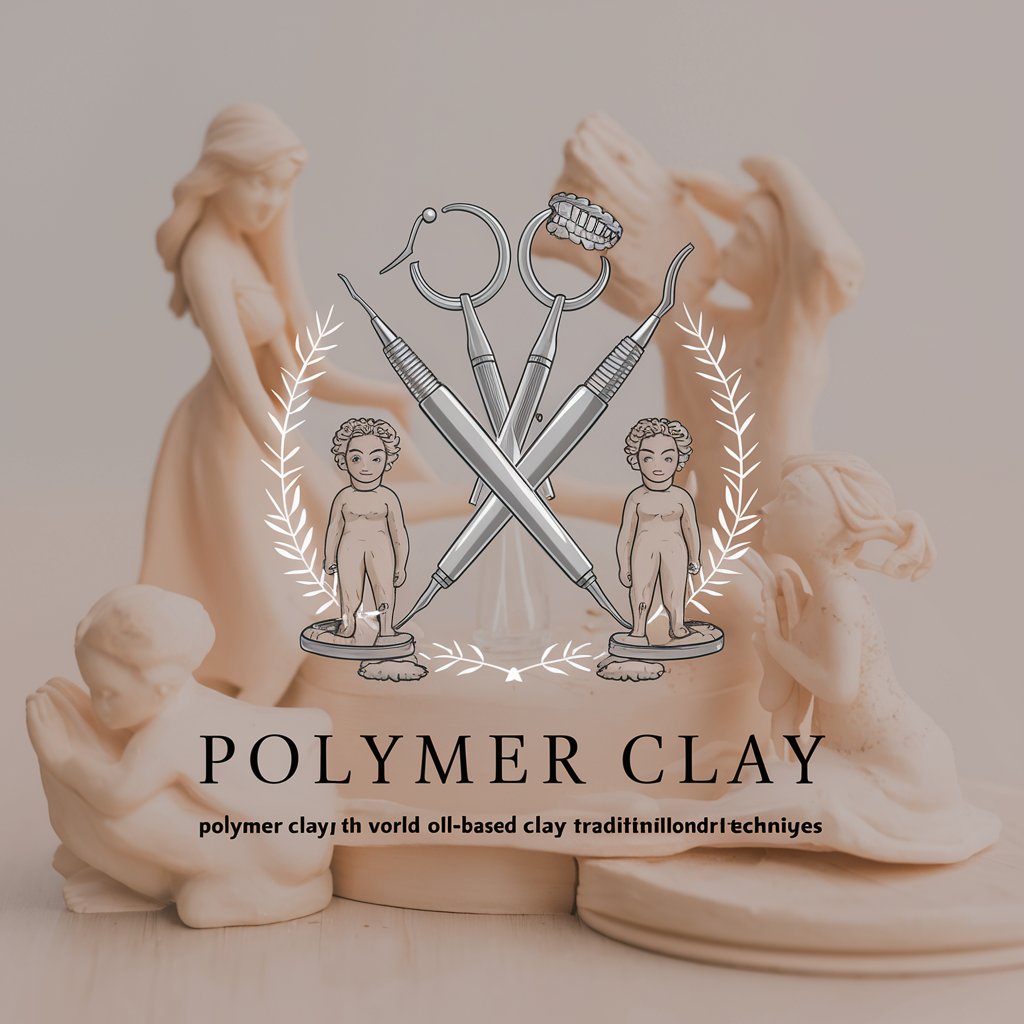
Detailed Q&A on Drug Discovery Assistant
What type of data does Drug Discovery Assistant require for effective operation?
The tool needs detailed screening data, chemical libraries, and specific target protein or disease information to perform virtual screening and predict compound binding affinities effectively.
Can Drug Discovery Assistant suggest new drug targets?
Yes, the tool can suggest new drug targets based on analysis of provided data and its comprehensive database of known targets and pathways involved in various diseases.
How accurate are the predictions made by Drug Discovery Assistant?
The predictions are highly accurate when provided with high-quality and comprehensive data, leveraging advanced algorithms for molecular docking and affinity predictions.
Is the tool suitable for use in academic research?
Absolutely, Drug Discovery Assistant is ideal for academic settings, providing researchers and students with a powerful tool for drug discovery projects and pharmacological studies.
What are the benefits of using AI in drug discovery through this tool?
AI accelerates the drug discovery process by automating complex calculations, improving the accuracy of molecular interactions, and suggesting potential candidates faster than traditional methods.
